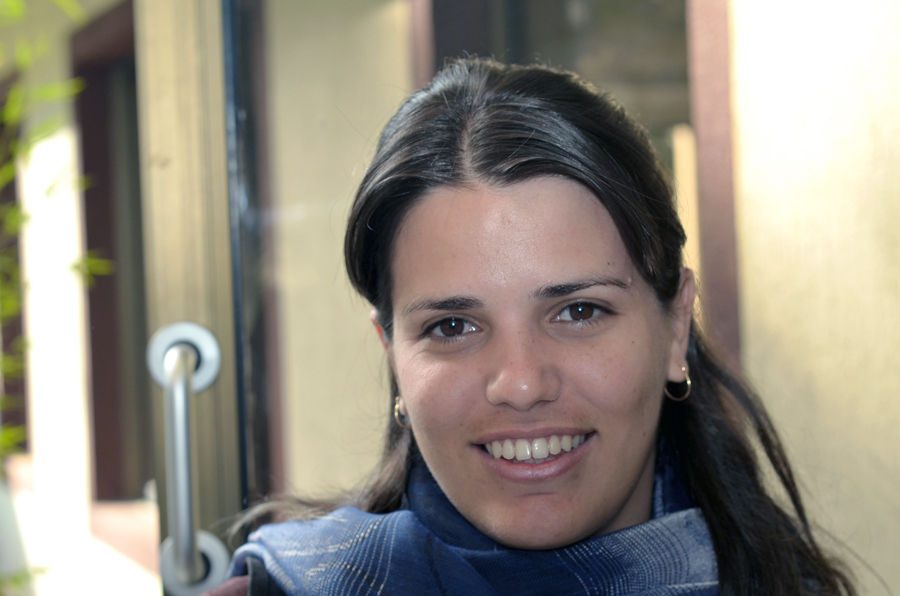VIEWPOINT: Cuba gains new voice via Elaine Diaz
The label “independent news outlet” does not cause the typical American to bat an eye; it is no cause for alarm or excitement. Today, almost everyone is an independent news outlet, as evidenced by the flood of endless blogs, Twitter feeds and various emerging indie publications.
News in the U.S., where a dizzying array of both print and digital sources is available to anyone with an Internet-capable device, is constantly consumed and discarded just as quickly.
This is not so in countries like Cuba, where renewed relations with the U.S. have not done much to ease the heavy censorship imposed on Cuban news organizations and citizens.
In Cuba, it is nearly impossible to imagine an independent news outlet existing independently from the government.
In the U.S., it is hard to imagine why a newspaper in Cuba is so significant when anything we could ever hope to know about anyone or anyplace is only a Google search away. Understandably, the people who live in free countries with governments that do not impose heavy censorship on them take the ease and speed with which we can access information for granted.
However, in a country where media content is delivered to its people in “paquetes,” or little USB flash drives filled with pre-approved films and literature from the Cuban government, it is difficult to ignore when a new media outlet debuts.
Elaine Diaz knew that she would face challenges from the beginning.
A Cuban native who studied and worked in America for one year, Diaz has a very good understanding of the relationship between the U.S and her home country.
Her paper, “Periodismo de Barrio,” which means Community Journalism, is aimed at addressing problems in local areas in Cuba, Diaz said in a recent interview with The New York Times. She launched the online publication earlier this year shortly after her return to Cuba from the U.S..
However risky and fated an independent paper in Cuba may seem, Diaz has decided that her home country needs a fresh voice, and she — along with her small crew of writers — is it.
Although faced with the incredibly daunting task of informing a population with few resources, little outside support and even less money, Diaz seemed unfazed by the lack of press protection in Cuba and extremely limited Internet access that she will have to overcome.
“I believe in journalism as a force that can improve societies,” Diaz said, “A process as complex as the economic and social reforms that are taking place in my country at this moment, in the midst of broadening ties with the United States, needs as many voices as you can get to illuminate the Cuba that is emerging.”
Restored relations with the U.S. have not revolutionized Cuba’s dealings with the press, however, Diaz said that they “have created a more relaxed atmosphere.” Her founding “Periodismo de Barrio” is itself a reflection of the changing political climate in Cuba as a result of improved relations with the U.S..
This initiative has the potential to bring a fresh, honest voice to a crowded and exclusive table in Cuba and will hopefully untangle the convolutions that mark Cuba’s courtship with the U.S.







